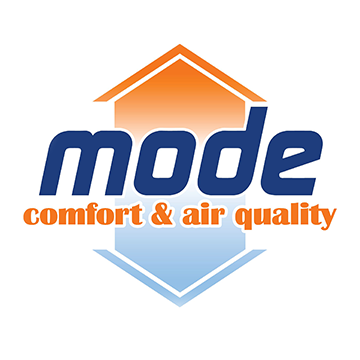I am going to address a subject that is somewhat polarizing among realtors and tradesmen alike: home inspections. This blog, like all of my blogs, are my opinions only and based on my 25 years of HVAC experience.
A thorough home inspection can save you money big time when purchasing a home. A good home inspector can spot costly hidden issues and make suggestions on how to handle them; in extreme situations they can save you from buying a potential money pit. A skilled home inspector can make your next home purchase proceed like clockwork or even save you from potential financial ruin. We work with several fantastic home inspectors that are truly a credit to their profession. Like all professions, there are good and bad actors. As a buyer, you want the best of the best. Your real estate agent will have suggestions and you should consider them, however, do not rely solely on them. Do your own research, check reviews, check their social media pages and websites, and ask for references. Your home is likely one of the biggest purchases you will ever make; a little homework and a small upfront fee can save you thousands of dollars and years of misery down the road.
Home inspectors are one of the least regulated occupations out there. As little as five years ago, anyone could call themselves a home inspector and start working without any experience or training. Over time, this created a strained relationship between tradesmen and inspection professionals, stemming from the influx of inexperienced and uninformed people posing as a home inspection authority without any significant pedigree. This, at the same time, has made life very difficult for legitimate, hardworking inspectors who take great pride in their work and do their best for their clients. As a result of public outcry the same regulatory body that governs tradesmen and other professions has stepped in and is slowly turning this formerly unrestricted profession into a highly scrutinized and regulated industry. This is good news for the true professional; bad news for the guy in the minivan that does inspections on the side for extra cash. This oversight also makes it easier for consumers to make informed choices when selecting a service.
When buying a home, you want the best of the best home inspectors. When selling, you want the absolute worst. However, as a seller, you have no say in who the potential buyer selects. Even though the industry is more regulated, there are still some very bad inspectors out there. Below is some background and guidance on suggested steps to take when selling your home. Again, these tips are based are my own experiences over the last 25 years.
When selling your home, the initial impulse is to fix EVERYTHING to prepare for the sale. This is not the best course of action. You may have everything repaired that you think may be wrong, only to later have the home inspector ding you later for things that you never even knew about. My advice: before the sale, call the best home inspector you can find and have a through inspection done to find out the potential expenses you may be facing (keep this for yourself…if you share this information with your real estate agent, they will be required to disclose the inspection to potential buyers), and set aside the funds you will need to make the repairs. Then make the house as pretty as you can, put the house up for sale and wait to see what the buyer’s inspector finds. If the new owners hire a bad inspector you could potentially save thousands of dollars (not to mention time and headaches); if they hire a good one, you will know what you are in for. Bad home inspectors just want to find something-anything-so they write the report and get paid. I have seen many instances where a subpar inspector makes a big stink about small, insignificant issues and misses the giant, expensive, hidden issues. One of our clients recently did this very thing. The initial inspector they hired found over $14,000 in needed repairs ($2,600 of that was HVAC related) and the homeowner did not make any of the repairs. Later, after the home was sold, the seller called us back to make repairs that the buyer’s home inspector said needed to be made. We made the HVAC repairs, which ended up totaling only $280 (as opposed to $2,600). Basically, wait and see what happens and you can save thousands.
On the opposite side of the coin, if you are the buyer, my best advice is to carefully select your inspector. After the inspection, if you still wish to pursue the sale then hire one member of each trade to also inspect the home: roofer, electrician, HVAC contractor, plumber and a general contractor. Even though a good home inspector can be extremely knowledgeable, it is impossible for them to be experts in every field. They provide an educated overall opinion on the home and make suggestions. The tradesmen are experts and can find things that the inspector cannot. Yes, this is time-consuming and can be expensive, but for a little extra effort you can be absolutely certain you are making the right choice when making one of the largest purchases of your life.
